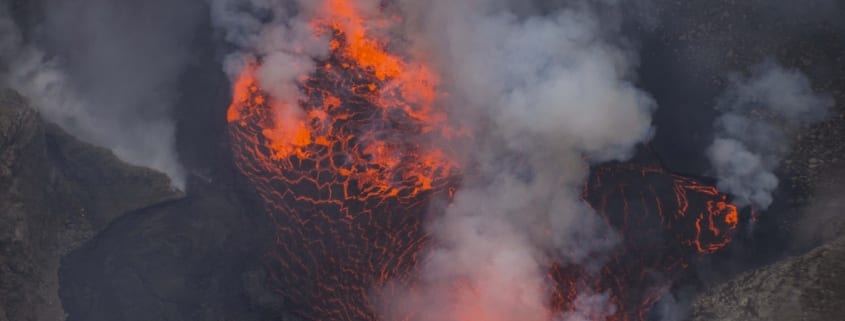Volcano Coverage Explained
Volcano Insurance is a complex topic due to the numerous provisions and exclusions listed in most policies. The answer to the majority of the “Is this covered under my policy?” questions typically boil down to whether or not an insured event directly caused the damage, but this is not necessarily the case regarding volcano insurance. Your coverage for damages that resulted from a volcano depends almost exclusively on your situation. With that said, here are some common issues that arise during volcanic eruptions and whether they would be covered under most policies.
Are earthquakes associated with the volcano covered?
For most insurance policies, the answer is no. Shock waves that occur before, during, and after a volcanic eruption are typically excluded from volcano insurance. However, if these earthquakes cause a fire, explosion, or lead to theft, you may have a claim.
Is ash cleanup covered?
An insurance company will not pay for the costs of cleaning up ash or other particles. The homeowner is responsible for handling the cleanup process. However, if there is damage as a direct result of the ash buildup, such as a roof collapsing due to the weight, you may be covered.
Property that is simply coated in ash and not physically damaged will not be covered nor will property that is damaged as a result of the cleanup process. For example, if you break a window while attempting to remove the ash, the window repair costs will come out of your own pocket.
Is damage from a lava landslide covered?
This one can be a bit tricky. Typically, landslides and other forms of earth movement are excluded from volcano insurance policies. If the landslide consists of fresh lava that is still in a liquid state, there is a good chance your policy will cover the damage.
If the lava hardened, you will most likely be out of luck. Hardened lava is classified as a rock, which means it is no longer directly associated with the volcano. If the lava hardened, weathered overtime, and rolled down a hill in a rock slide ultimately damaging your property, the repair costs will come from your bank account.



